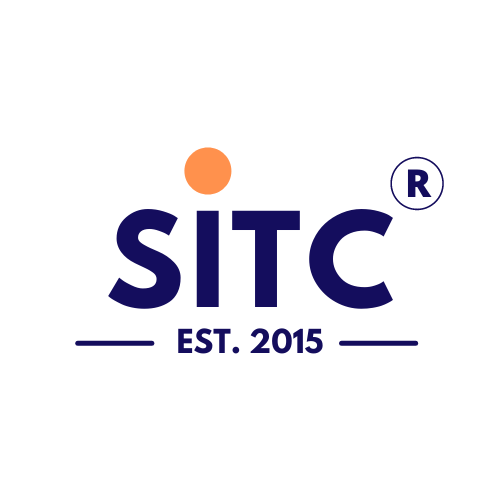Alcohol and alcohol use problems
Biology, beliefs and behaviour
Matthew Gullo
Clinical Psychologist and Principal Research Fellow, National Centre for Youth Substance Use Research, The University of Queensland
Alcohol use problems are common in Australia, where alcohol is cheap, readily available, and heavily promoted. Nearly 1 in 4 Australians will develop an alcohol use disorder at some point in their life, with men more likely to develop problems than women.
While many view alcohol problems through a biological lens, there is a rich psychology involved that should not be overlooked. Many of the psychological processes that lead to an alcohol use disorder are the same ones involved in everyday, non-problem drinking - they are thoughts and behaviours that we all engage in.
These psychological processes are also the focus of evidence-based behavioural treatment. In this talk, we will take a closer look at some of these psychological processes, how to tell if they are causing alcohol problems, and discuss some strategies to manage them.
Speakers
|
Matthew Gullo | Read Bio |
Joanne van der Plaat | Read Bio |
Webcast details |
|
| Recorded: | Wednesday 17 August 2022 |
| Format: | On-demand webcast |
| CPD: | 1 unit, self-allocated |
| Cost: | Members – Complimentary Non-Members – $29 (incl. GST) Become a member |
REGISTER FOR ON-DEMAND |
|
2022 President's Charity: Sober in the Country
 |
Founded in 2019 by Shanna Whan, the 2022 President's Charity, Sober in the Country, is a grassroots bush charity leading social impact and change across rural Australia through laser-focused peer support, education, advocacy, and the #OK2SAYNO campaign. Join us in supporting the 2022 President's Charity, Sober in the Country, by donating today. |
If you or someone you know needs support, help is available.
The Solicitor Outreach Service (SOS) is an independent and confidential counselling service for NSW solicitors. Call 1800 592 296 to access this service.
If you're not a NSW solicitor and you need support, Lifeline provides all Australians access to 24-hour crisis support and suicide prevention services. Call 13 11 14 to access this service.
For information about other nationally available mental health support services, click here.



